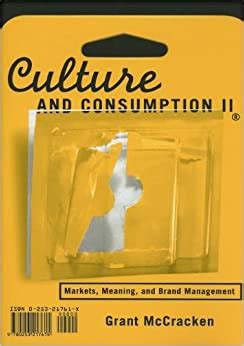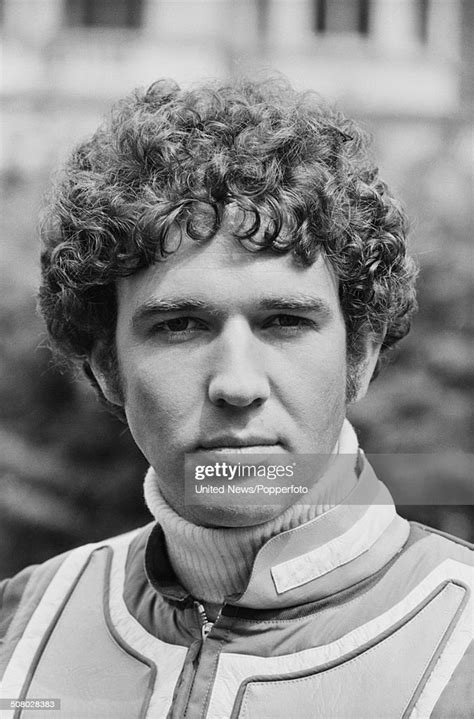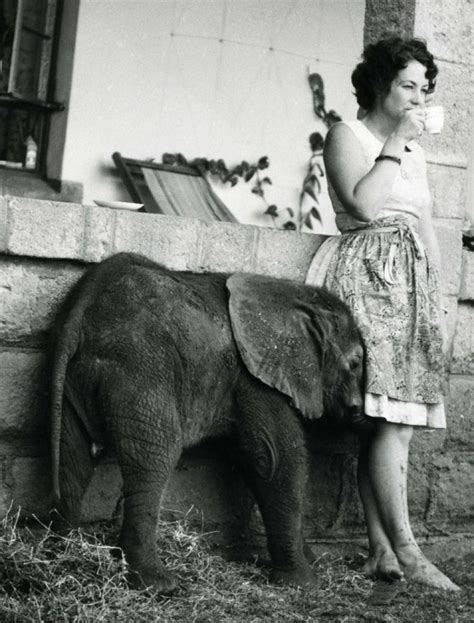A Quote by John Daly
Most change initiatives either fail or fall far short of original (perhaps unrealistic) expectations. More often than not, resistance is cultural in nature, the result of what James O'Toole so aptly characterizes as "the ideology of comfort and the tyranny of custom."
Related Quotes
Most change initiatives either fail or fall far short of original expectations. More often than not, resistance is cultural in nature but the real cause of lots of resistance often is that however much a team might say that it wants to change, the old assumptions are woven, invisibly, deep within the corporate culture, and from this staging ground they act invisibly to sustain the old order. Finding the assumption out and then rooting them out is a special skill. It calls for assumption hunters, I call them.
I agree with O'Toole that custom and comfort are impediments to change. However, it is important to recognize that resistance to change is logical as well. The new "change masters" literature seems to take change as the norm. It isn't. Humans naturally see change as risky because it is risky, just as mutations in genes are mostly destructive. You would not want to go to work were everything changed every week! The phone system, the office assignments, who reports to who, and the whole set of job expectations.
Competition has never been more threatening than it is now. Innovative thinkers challenge the status quo in their organizations. They are often viewed as "troublemakers." They threaten the defenders of the status quo. So competition within an organization can also be brutal. The most effective leaders overcome "the ideology of comfort and the tyranny of custom" by being change agents themselves. They encourage and reward innovative thinking. I have observed that people only resist changes imposed on them by other people.
I am a Libertarian. I want to be known as a Libertarian and a Constitutionalist in the tradition of the early James Madison - father of the Constitution. Labels change and perhaps in the old tradition I would be considered one of the original Whigs. The new title I would wear today is that of Conservative, though in its original connotation the term Liberal fits me better than the original meaning of the word Conservative.
Assume a virtue, if you have it not. That monster, custom, who all sense doth eat, Of habits devil, is angel yet in this, That to the use of actions fair and good He likewise gives a frock or livery That aptly is put on. Refrain tonight, And that shall lend a kind of easiness To the next abstinence; the next more easy; For use almost can change the stamp of nature.
The only thing that one really knows about human nature is that it changes. Change is the one quality we can predicate of it. The systems that fail are those that rely on the permanency of human nature, and not on its growth and development. The error of Louis XIV was that he thought human nature would always be the same. The result of his error was the French Revolution. It was an admirable result.
Plenty is the original cause of many of our needs; and even the poverty, which is so frequent and distressful in civilized nations, proceeds often from that change of manners which opulence has produced. Nature makes us poor only when we want necessaries; but custom gives the name of poverty to the want of superfluities.
Animals are indeed more ancient, more complex and in many ways more sophisticated than us. They are more perfect because they remain within Nature’s fearful symmetry just as Nature intended. They should be respected and revered, but perhaps none more so than the elephant, the world’s most emotionally human land mammal.
Wanting things to be otherwise is the very essence of suffering. We almost never directly experience what pain is because our reaction to it is so immediate that most of what we call pain is actually our experience of resistance to that phenomenon. And the resistance is usually a good deal more painful than the original sensation.






































